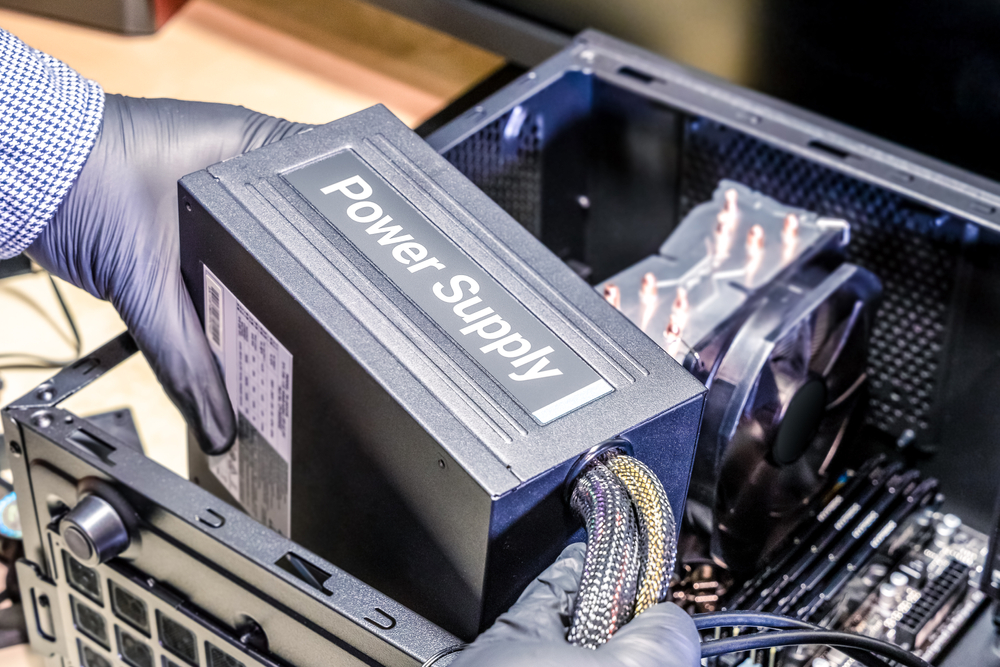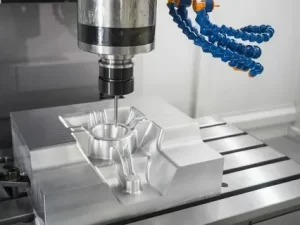When considering IT hardware, many focus on CPUs, GPUs, and storage devices, often overlooking the critical role of the computer power supply. The power supply is the unsung hero of computer hardware, delivering consistent energy to keep systems functioning efficiently. Whether building a gaming rig, upgrading office equipment, or designing servers for your business, understanding power supplies is crucial for reliable and high-performance IT hardware.
What Is a Power Supply in Computer Hardware?
The computer power supply, often referred to as a PSU (Power Supply Unit), converts electrical energy from an outlet into usable power for a computer’s components. Without a functioning power supply, IT hardware is inoperable. Power supplies ensure that each component, from the motherboard to the graphics card, receives stable voltage and amperage for optimal operation.
Why the Right Power Supply Matters
Selecting the right power supply for your computer hardware is vital. An underpowered system may experience crashes, poor performance, or irreversible damage. Conversely, a high-quality PSU ensures the longevity of your IT hardware, reduces heat generation, and prevents energy waste.
Here are the top considerations when selecting a power supply:
- Wattage Requirements:
The power supply’s wattage determines how much energy it can deliver. Different setups require different power levels. For instance, high-performance gaming PCs and professional workstations demand more power than basic office computers. - Efficiency Ratings:
Look for power supplies with an 80 PLUS certification. This indicates that the PSU is energy-efficient, wasting less energy as heat and saving on electricity bills. Common ratings include Bronze, Silver, Gold, and Platinum. - Compatibility:
Your power supply must match your computer hardware specifications. Check the motherboard connector type, physical size of the PSU (standard ATX, SFX for smaller cases), and support for additional features like modular cabling.
Types of Power Supplies
Power supplies come in various forms to cater to different IT hardware needs. Here’s a breakdown of the most common types:
- Non-Modular Power Supplies:
These are the simplest and most affordable PSUs. Non-modular designs come with pre-attached cables, which can lead to cable clutter inside the case. - Semi-Modular Power Supplies:
Semi-modular units provide a balance between cost and convenience. Essential cables, such as the motherboard and CPU power connectors, are permanently attached, while other cables are detachable. - Fully Modular Power Supplies:
Fully modular PSUs offer maximum flexibility by allowing users to connect only the cables they need. This results in improved airflow and a tidier build. - Server Power Supplies:
Designed for enterprise-grade IT hardware, server PSUs deliver high power and are engineered for redundancy, ensuring continuous uptime in critical systems.
Key Features to Look For
A reliable computer power supply offers more than just the right wattage. Here are some essential features to prioritize:
- Overvoltage and Overcurrent Protection:
Advanced PSUs come equipped with built-in protections to safeguard IT hardware from power surges or irregularities. - Quiet Operation:
A PSU with a silent or low-noise fan improves the overall user experience, especially in home or office settings. - Cable Management Options:
Modular PSUs and included cable sleeves enhance airflow and aesthetics, making your IT hardware setup both functional and visually appealing. - Longevity:
High-quality power supplies often feature capacitors rated for high temperatures, ensuring durability over time.
Installing and Maintaining Your Power Supply
Proper installation of your power supply is essential for optimal performance. Begin by ensuring the PSU is securely mounted in the case, with its fan oriented for efficient airflow. Connect the appropriate cables to your IT hardware components, double-checking compatibility with the motherboard and peripherals.
Maintenance is minimal but important. Periodically clean the PSU’s vents and fan to prevent dust buildup, which can cause overheating. Additionally, consider a surge protector or an uninterruptible power supply (UPS) to shield your computer hardware from power outages and fluctuations.
Common Myths About Power Supplies
There are several misconceptions about power supplies that can mislead IT enthusiasts. Let’s debunk a few:
- More Wattage Means Better Performance:
Buying an excessively high-wattage PSU doesn’t boost performance; it only leads to unnecessary energy consumption. Choose a power supply that matches your IT hardware’s requirements. - All Power Supplies Are the Same:
Cheaper, unbranded power supplies can compromise safety and performance. Opt for trusted brands with solid warranties and certifications. - Modular Power Supplies Are Always Necessary:
While modular PSUs are great for custom builds, non-modular options are often sufficient for basic setups, especially in budget-conscious builds.
The Role of Power Supplies in IT Hardware Trends
As IT hardware evolves, power supplies are also adapting to meet modern demands. Trends like energy-efficient designs, support for powerful GPUs, and the integration of smart features are shaping the future of PSUs. For instance, newer models include digital monitoring systems, allowing users to track power usage and efficiency via software.
Power supplies are also aligning with eco-friendly initiatives. Companies are producing PSUs with lower carbon footprints, making it easier for consumers to choose sustainable options without compromising performance.
Tips for Choosing the Best Computer Power Supply
Selecting the ideal PSU for your setup requires careful consideration of both current and future needs. Here are some expert tips:
- Plan for Upgrades:
If you anticipate upgrading your IT hardware, choose a PSU with slightly higher wattage to accommodate new components. - Research Brand Reputation:
Stick to established brands like Corsair, EVGA, or Seasonic, which are known for reliable computer power supplies. - Factor in Heat Management:
Higher-wattage PSUs generate more heat, so ensure your case has adequate cooling to complement the PSU. - Check Reviews:
Before purchasing, read reviews and user testimonials to learn about the PSU’s real-world performance and reliability.
Final Thoughts
A high-quality power supply is indispensable for maintaining the efficiency and longevity of your IT hardware. By understanding its importance, features, and role in computer hardware, you can make informed choices for your next PC build or upgrade.
Whether you’re assembling a high-powered gaming PC, upgrading your office setup, or supporting a data-intensive server, investing in the right power supply ensures a seamless, dependable experience. After all, every component in your IT ecosystem depends on the power supply for peak performance.
Make your choice wisely, and your IT hardware will thank you for years to come!






